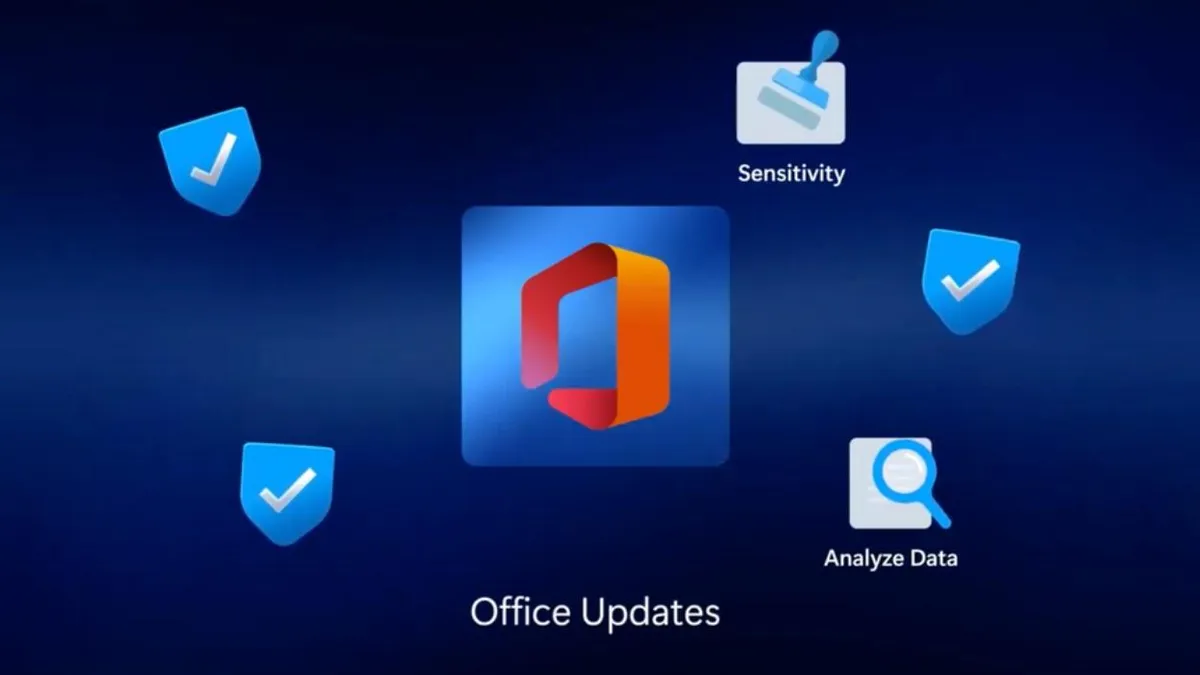The integration of artificial intelligence (AI) in collaborative software development is increasingly becoming a critical tool for teams aiming to enhance efficiency, creativity, and innovation. This transformation is evident across various aspects of software development, from initial coding to project management, and even security. Here’s a brief look at how AI is shaping the future of collaborative software development.
Key Highlights:
- AI enhances task management through natural language processing.
- Generative AI accelerates code drafting and updates.
- AI tools improve developers’ productivity and experience.
- AI in security tools helps prevent vulnerabilities.
- The collaboration between AI and developers necessitates human oversight.
- Enhancing Productivity and Collaboration
Platforms like Microsoft Teams are incorporating AI to simplify task management and improve team collaboration. For instance, Aisera’s integration with Teams facilitates task management through natural language, while Box and DocuSign leverage AI to enhance content discovery and learning.
Generative AI tools are proving invaluable in jump-starting the first draft of new code, enabling developers to overcome the initial inertia and swiftly move into the coding “flow.” These tools are not just about drafting code faster; they’re also about making iterative changes to existing code more efficiently, thereby speeding up the development process. Interestingly, developers using generative AI tools for complex tasks reported a significant increase in productivity, highlighting the tools’ ability to simulate the assistance of an experienced colleague.
Security and Code Integrity
The role of AI extends beyond code development to ensuring code integrity and security. GitHub, for example, integrates AI in its development environment to enhance security measures. It uses AI-based tools like GitHub Copilot to block insecure coding patterns in real time, thus reducing vulnerabilities. Additionally, platforms like GitHub Actions streamline development processes, enabling teams to automate workflows and improve efficiency significantly.
The Human-AI Collaboration
Despite the impressive capabilities of AI in software development, human oversight remains indispensable. AI tools, while powerful, require human guidance to navigate complex coding requirements and contribute organizational context. This interplay between AI capabilities and human expertise underscores the collaborative nature of modern software development.
Tailoring Development Environments
Platforms like GitHub have been at the forefront of integrating AI to enhance the software development process. GitHub Codespaces, for instance, provides a cloud-based development environment that can be customized to meet the specific needs of a development team, from setting up development environments quickly to enforcing security policies seamlessly. This level of customization and flexibility is vital for teams looking to streamline their workflows and enhance productivity.
Quack AI: A Case Study
An example of AI’s impact on collaborative software development is Quack AI, which addresses the challenges of project delivery within expanding development teams. By bringing development teams into sync, Quack AI showcases how AI can streamline collaboration and align code with project expectations.
The intersection of AI and collaborative software development represents a frontier of innovation and efficiency. While AI tools offer remarkable capabilities in enhancing productivity, automating mundane tasks, and securing the development process, the essence of creativity, critical thinking, and organizational context remains a uniquely human contribution. This synergy between human expertise and AI capabilities forms the foundation of modern, collaborative software development, pointing towards a future where AI is not just a tool but a team player in its own right.






























